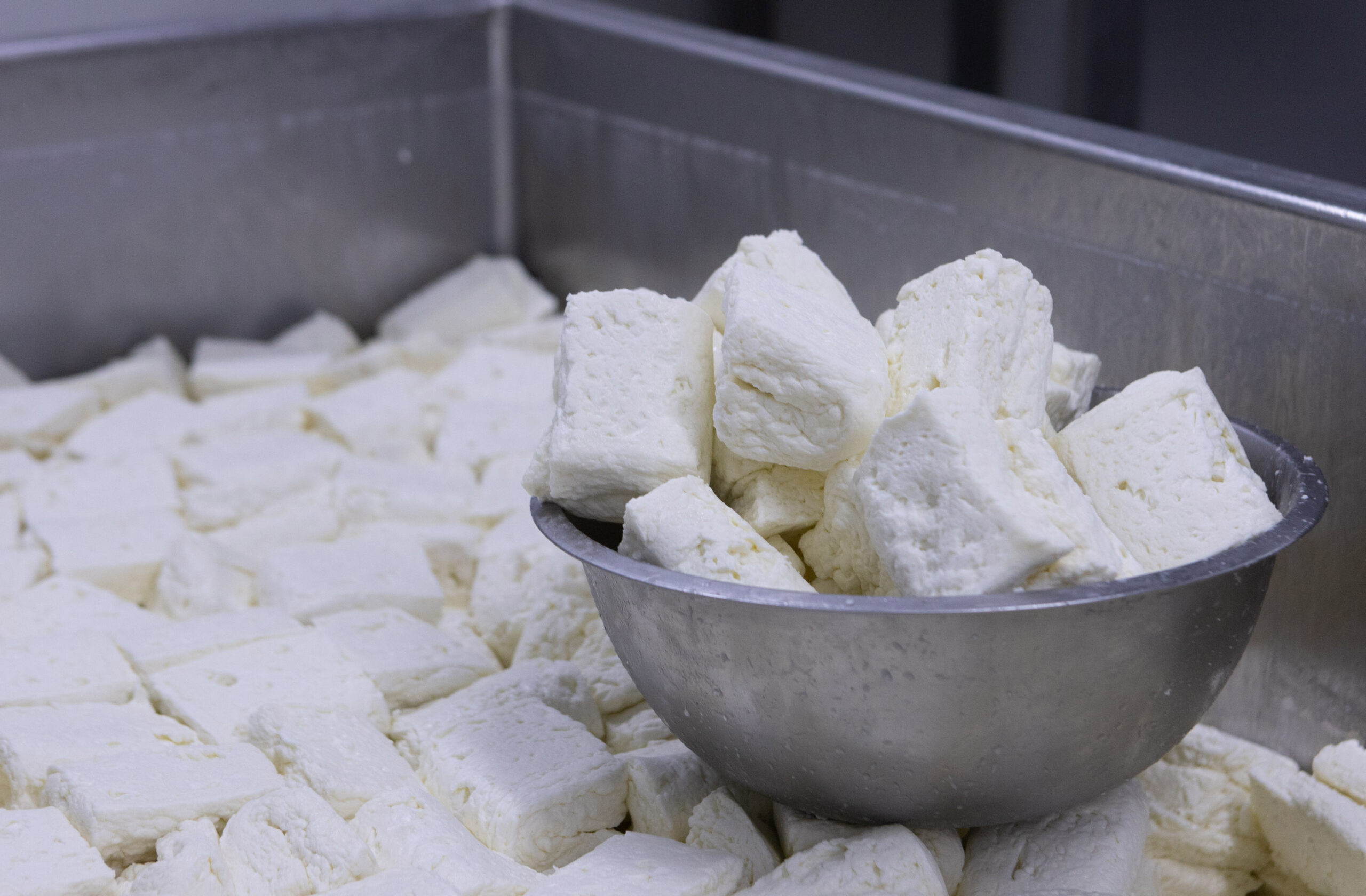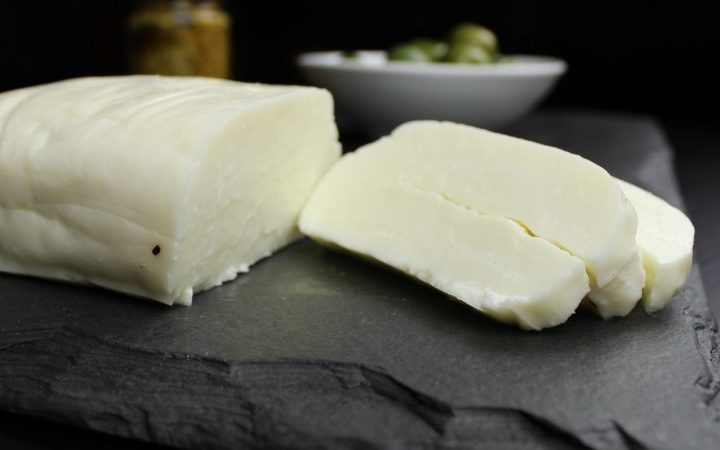German authorities have caught Cypriot cheesemakers exporting Halloumi products that do not meet the required EU standards under its PDO (Product of Designated Origin), increasing fears Cyprus could lose its flagship export.
According to media reports, German authorities have informed the EU Agri-Food Fraud Network that they confiscated a quantity of Halloumi products in the local market without carrying a PDO certification.
Phileleftheros daily said the Halloumi batch confiscated involves products exported by one of Cyprus’ best-known dairy producers.
The news comes as parties still argue over what constitutes halloumi, 10 months after the PDO was enacted on 1 October last year.
Cheesemakers in Cyprus have also seen their products confiscated by customs before being loaded onto planes heading for EU markets, as they did not comply with PDO criteria.
Earlier in June, customs authorities seized 8,260 kg of Halloumi products as they were loaded on aeroplanes.
The Legal Services ruled that products defying the PDO cannot carry the Halloumi brand in local stores or be exported to the EU or third countries.
Nicosia has blamed Brussels for taking seven years to approve the PDO file.
The PDO file submitted in 2014 said goat’s milk should by 2024 exceed cow’s milk, reaching a minimum of 51%, produced from specific Cypriot breeds of goats and sheep.
The clause on the squeaky cheese’s milk ratio is the biggest thorn between authorities and cheesemakers who fear the loss of halloumi exports.
Cheesemakers claim they could make halloumi under the EU Trademark, bypassing the milk ratio criteria, going as far as to legally challenge the Republic over the PDO file.
Other stakeholders in the squeaky white cheese are the goat and sheep breeders who have protested the non-implementation of the PDO file by dairy producers, which means their milk is left unsold.
Goat and sheep breeders criticised the government for not carrying out the necessary checks.
Breeders argue that their livelihood is at stake with dairy producers not conforming to the PDO.
Sales and exports of halloumi in 2020 and 2021 generated €270 mln annually, despite COVID restrictions.
Government ultimatum
Meanwhile, President Nicos Anastasiades has tabled a take it or leave proposal to end the confrontation and protect the island’s traditional cheese from imitators.
The proposal was tabled on Tuesday during a meeting between the Agriculture and Commerce ministers and stakeholders, including dairy producers and goat breeders.
The proposal expires at the end of the week.
Ministers said the proposal is not subject to negotiation and they can only answer clarifying questions.
The compromise proposal is as follows
- Dairy producers will faithfully conform to the PDO file for all products bearing the name halloumi, based on the opinion of the Legal Service dated 27 May 2022
- Direct registration of cheesemakers with the PDO certification system
- Withdrawal of all lawsuits against the PDO
- Dairy producers will be given two months, during which they will be able to sell and export Halloumi products which do not conform with PDO procedures
- Increase the prices of cow’s and sheep’s milk (will be the subject of consultation between the cheesemakers and the affected sectors)
- Actions to amend the milk ratio criteria that will apply after July 2024. Goat and sheep breeders should increase their production by 30 million litres within 12 months after granting the required price increase for milk to be sold to the cheesemakers. Within two years from the price increase, production must increase by 77 mln litres.
- The Ministry of Commerce will boost the promotion of Cypriot halloumi type (grill) cheese, which will be produced from Cypriot milk, without meeting PDO specifications.










